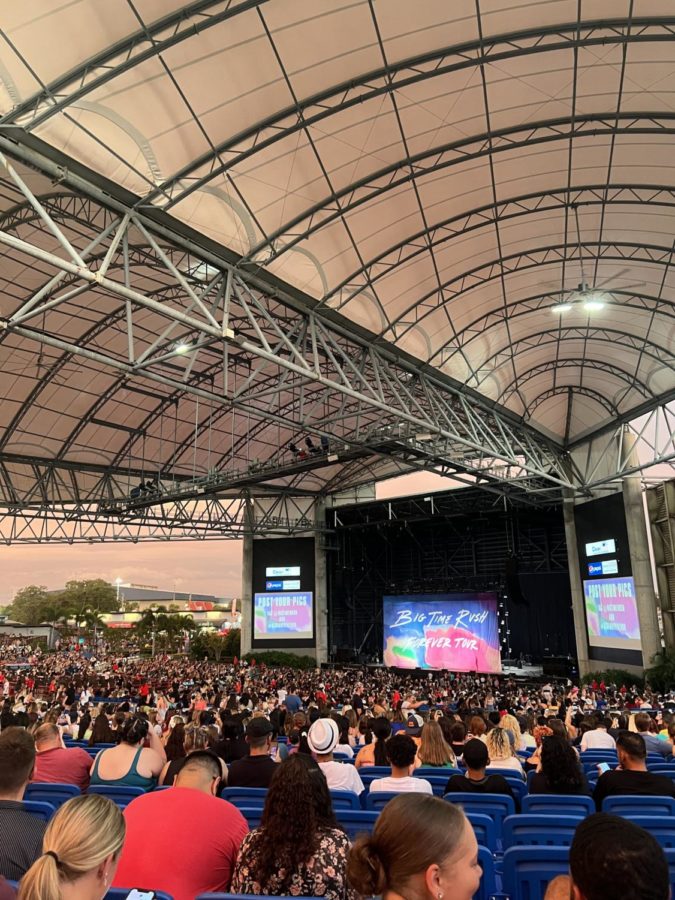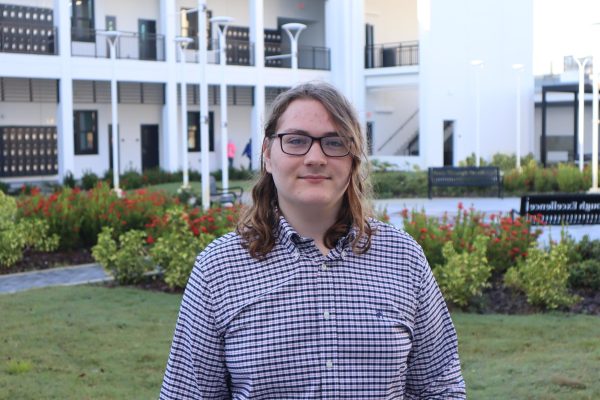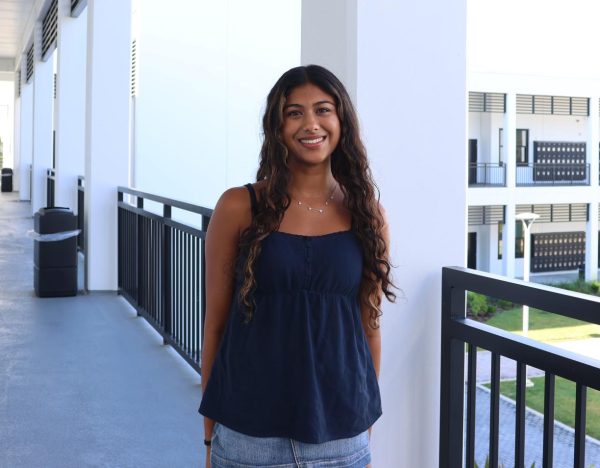Just ten years ago if you wanted to see a huge pop star like Taylor Swift, tickets could be had at a price of ~$72 for an average seat. According to Rolling Stone, ten years ago there were tickets at every stop under $50. Now, just ten years later, according to Usa Today, tickets are selling for over seven times that amount at $529 for an equivalent seat. So, what happened?
Inflation accounts for part of the picture, with a rate of 33% meaning that a $60 ticket would cost $80 today. Another part of the picture can be accounted for with increased tour costs, for example, more merchandise or a more extravagant light show. These increases all account for a higher face-value ticket. What about the secondary market, however? On the secondary market for Taylor Swift’s Eras Tour, there are tickets in the multiple thousands of dollars for seats that went for $100-200 face value. The reasons behind these insane ticket prices are threefold: (1) the growing presence of ticket scalpers aided by the platforms they sell on, (2) Ticketmaster (and similar platforms) and their dynamic pricing, fees, and other predatory practices, and (3) possible monopolies in the ticket resale market.
Apart from cultural phenomena that embody the issue such as Taylor Swift, the rise in concert prices has affected the market as a whole apart from inflation-induced price increases. Much of this comes down to the large ticket platforms embodied by Ticketmaster and their predatory anti-consumer practices.
Ticketmaster’s platform in the modern era is filled with ticket scalpers, those who buy tickets at face value and resell them for multiples of the original price. Ticketmaster as a platform encourages this behavior through the platform’s blatant disregard of its own ticket limit rules, allowing scalpers to buy as many face-value tickets as they can to resell them. Further, Ticketmaster has admitted to in the past selling directly to users on secondary markets (often scalpers), bypassing direct sales at face value entirely. The practices of these scalpers are protected by large platforms like Ticketmaster largely due to their exorbitant fees based on a portion of the ticket sale. Since Ticketmaster takes a portion of the ticket’s sale, it obviously benefits them if the sale is of higher value.
Another reason behind a rise in secondary market prices is the practice of dynamic pricing, which large ticket platforms such as Ticketmaster began to add to their platforms. In 2022, Ticketmaster introduced dynamic pricing, a system in which ticket prices were changed (and often artificially inflated) whenever demand seemed high (i.e. during the first availability of tickets or a presale). This system received wide backlash and has resulted in often artificially high prices on the secondary market without the need for scalpers. This issue has even been so widespread in recent years that the words “dynamic pricing” were chosen as one of six candidates for the Oxford English Dictionary’s Word of the Year for 2024.
“Ticketmaster sucks, I paid $120 for a Dave Matthews concert. Even though the original price was $90, $30 was dedicated to taxes and fees,” Student Gabe Anaya (’26) said regarding Ticketmaster and its policies,
The reason that these predatory practices have such a profound effect on the market as a whole is due to Ticketmaster’s dominance of the market, with some even claiming its parent company Live Nation is a monopoly. These claims have led to a major lawsuit calling for a dissolution of the Ticketmaster and Live Nation (a company that owns many concert venues) union, though nothing has yet come of this.
The negative effects that large corporations have had on the concert ticket market cannot be overstated. Going to see a concert in modernity is a significantly more expensive endeavor than it was in the past, no matter if you are going to see the biggest pop star in the world or a local bar band.
“Concert tickets are expensive. Too expensive. Taylor Swift’s presale tickets were $1,000 to $4,000, and she is undeniably talented, but that’s just too pricey for most families. Even smaller artists like Tate McRae have wildly high prices, with one ticket costing $133. My parents told me concert prices were much cheaper in the 1990s and 2000s. People want to see their favorite artists play their favorite songs, and that just isn’t possible with such expensive tickets,” another student, Riya Madhavi (‘26) said.




